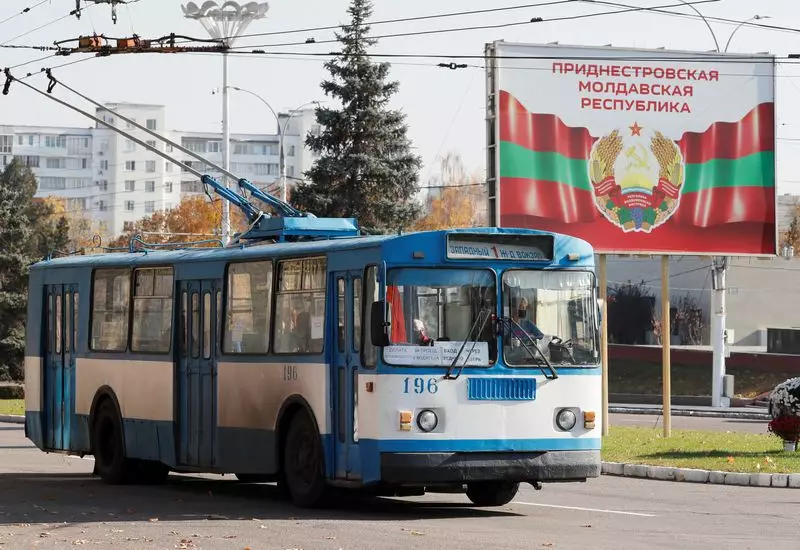The region of Transdniestria, a breakaway territory located between Moldova and Ukraine, is currently navigating a significant energy crisis. Recent developments surrounding the cessation of Russian gas supplies have left this predominantly Russian-speaking enclave facing rolling power outages. The root of the crisis traces back to Ukraine’s decision not to renew a gas transit contract with Russia, which has had broader implications for gas flow to several regions in Central and Eastern Europe.
On January 1, following the expiration of the transit contract, gas supplies from Russia that flowed through Ukraine were halted. This action was not taken lightly, as Ukraine and Russia have been at odds due to ongoing geopolitical tensions. The Moldovan authorities claim that the decision not only impacted the power situation in Transdniestria but also highlighted Moldova’s delicate reliance on external energy supplies.
Local governance in Transdniestria reported the onset of power cuts starting Friday evening, with officials announcing rolling outages lasting three hours in numerous districts. Vadim Krasnoselsky, the region’s self-declared president, acknowledged the inevitability of these energy shortages, suggesting that the region has enough gas reserves to sustain limited usage for a specified time. However, there appears to be no clear plan for procuring additional supplies in the long term.
The power crisis presents a critical issue not only for Transdniestria but also for Moldova as a whole. The enclave houses a substantial power plant that has traditionally supplied much of Moldova with electricity at minimal costs. Thus, the rolling outages threaten to disrupt essential services and complicate the energy landscape of Moldova, which already struggles with its energy independence.
While Russia has firmly denied manipulating gas supplies as a tool against Moldova, the situation has undeniably sparked a heated political discourse. Moldova’s Prime Minister Dorin Recean characterized the emerging crisis as a significant security threat imposed by Transdniestria’s actions. He emphasized that the government in Chisinau is actively seeking alternative energy solutions, which include increasing domestic production and importing electricity from Romania.
Meanwhile, Moldova engages in a complex narrative regarding its energy dealings with Gazprom, the Russian gas giant. Moldova claims that the Russians have refrained from resuming gas shipments despite their capacity to do so without passing through Ukraine, citing an ongoing dispute over unpaid debts amounting to differences in both governments’ estimates. This disagreement adds another layer of complexity to an already precarious situation, as Moldova attempts to navigate its energy needs amidst significant geopolitical tensions.
As the rolling blackouts continue, the question looms: What will be the long-term ramifications for energy security in both Transdniestria and Moldova? With winter pressing on and the energy crisis a reality, the necessity for sustainable energy strategies becomes increasingly urgent. Furthermore, the unfolding political dynamics could either exacerbate or mitigate the challenges at hand.
In a world where energy resources are invaluable, the events in Transdniestria serve as a stark reminder of how geopolitical shifts and energy dependency intertwine, affecting lives on both sides of the border. The potential for conflict may escalate if sustainable solutions are not prioritized, indicating that energy independence and strategic diplomacy will be crucial for Moldova’s future stability.

